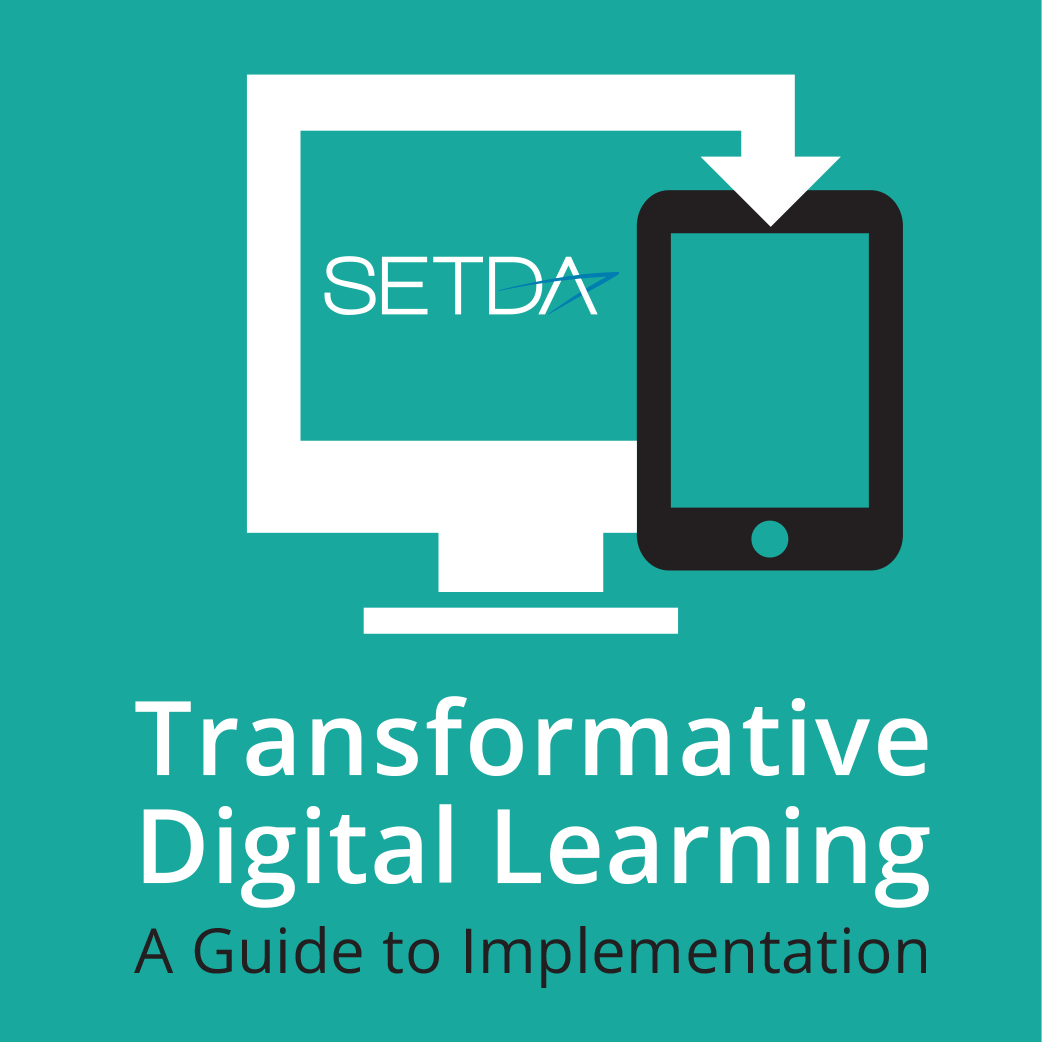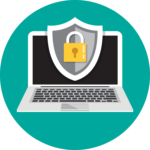

School Board
As schools move towards digital learning environments, it is necessary to foster support beyond district and school leaders to advance the transition. Local school board members, and those serving on the boards of education service agencies or on their state school boards association’s board of directors, play an important leadership role in modernizing educational settings. The local school board, whether elected or appointed, is the link between the school district and the community. The primary mission of the school board is to support student achievement. The National School Boards Association (NSBA) identifies the Key Work of School Boards necessary to ensure that all students achieve at high levels. These five core areas of responsibility for effective governance are: vision, accountability, policy, community leadership, and board/superintendent relationships. The following principles of collaborative leadership and community partnerships identify ways that school board members can connect policies and practices to support the movement towards digital learning. Although, the current state of digital innovation in schools varies widely across the country, these principles are based on the belief that all students have access to the digital tools and resources necessary to be prepared for college and/or career.
 I am worried about who has access to my child’s information and how it might be used. What measures are in place to ensure that information is protected?
I am worried about who has access to my child’s information and how it might be used. What measures are in place to ensure that information is protected?
 How can school members support district and school leaders in the transition to digital learning?
How can school members support district and school leaders in the transition to digital learning?
 What steps can board members take to engage the community and create awareness around the benefits of learning in a digital environment?
What steps can board members take to engage the community and create awareness around the benefits of learning in a digital environment?
School board members discuss the positive impacts of adopting college and career ready standards to better prepare students for the future.
Resources
Overview
Technology is an essential component of learning today. With digital applications, tools and resources, students can create content, interact with experts, collaborate with peers and participate in simulation activities. Personalized experiences put students at the center of learning and empowers students to take control of their own learning through flexibility and choice. With this transformation to digital learning, it is important for stakeholders share the importance of moving towards digital learning with constituents, as well as address some of the concerns that occur during the transformation. This section provides communication toolkits for a variety of stakeholders. We encourage states and districts to share these toolkits widely. Each toolkit includes a 3-5 page narrative, a powerpoint presentation, and a communications packet.- Business Community
- CIO
- Librarians
- Parents
- Principals
- School Board
- Students Superintendents
- Teacher Prep
- Teachers
Principals
As schools move towards digital learning environments, it is necessary to foster leadership at the school level to support the transition. Principals play an important leadership role not just in modernizing educational settings, but in re-imagining the use of space and school time to provide students a consistently personalized, technology-rich learning experience. Principals are uniquely positioned at the intersection of education practice and policy to advance that transformation. Working with local and regional school boards, superintendents, teachers, students and community members is essential to the effective implementation of digital learning in schools. Specifically, principals interact with the superintendent and school board to understand policies and practices, as well as new initiatives within the district. Principals are often the face of the school in the community – working with local businesses and libraries and other community organizations on a variety of issues. And, most important for promoting a vision of student empowerment, principals lead and provide professional learning opportunities to teachers to support their instruction, development their leadership and—ultimately–advance student learning. Some of the key areas of concern that principals might encounter as they implement digital learning in their school include professional learning and community partnerships.
How can digital tools support my teachers in acquiring professional learning opportunities?
 How can principals educate the community on learning in the digital age? How can principals create partnerships with the community to support academic and extracurricular activities?
How can principals educate the community on learning in the digital age? How can principals create partnerships with the community to support academic and extracurricular activities?
Impact of the Principal on School Culture and Climate
This video presents interviews of teachers from Caldwell Early College High School about the impact of the principal on the climate and culture of a school.
Resources

Teachers Presentation

Teacher Communication Packet

Teachers Toolkit

Teacher Prep Toolkit

Teacher Prep Communication Packet



